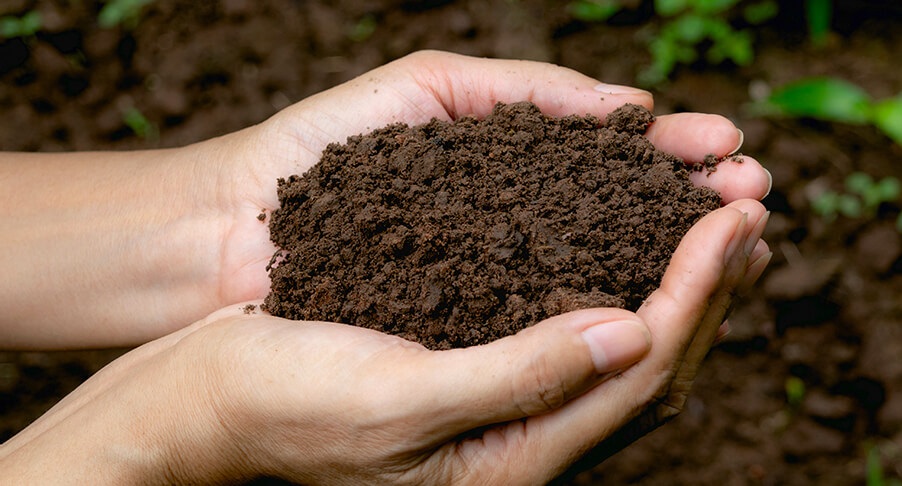
All organic waste has a significant environmental impact if not properly treated. Organic fertilizers are an essential solution in the circular economy, as they can transform food scraps, foliage, and even sewage into a rich substrate to be used in agriculture.
When not properly managed, organic waste can seriously harm nature due to the production of leachate during decomposition — a liquid that, if not treated correctly, pollutes the soil and groundwater.
Why Organic Fertilizers Are Essential in the Circular Economy
Organic fertilizers play a strategic role in the circular economy by promoting efficient waste reuse and the sustainable return of nutrients to the soil.
Instead of treating organic leftovers as garbage, the circular economy views them as valuable resources that can be reintegrated into production cycles — and organic fertilizers are one of the main ways this reintegration happens.
They Turn Waste into Resources
The production of organic fertilizers allows for the reuse of materials that would otherwise be discarded or cause environmental harm. Examples of these residues include:
- Food scraps and pruning waste;
- Animal manure;
- Sewage treatment sludge;
- Agro-industrial residues.
These materials undergo processes such as composting and anaerobic digestion, turning into nutrient-rich agricultural inputs.
They Close the Nutrient Loop
In conventional agriculture, nutrients are constantly lost from the soil. With organic fertilizers, these nutrients return to the field, closing the natural cycle:
- Plants absorb nutrients → produce food;
- Food waste is composted → becomes fertilizer;
- Fertilizer enriches the soil → new production cycle.
This logic reduces the need for synthetic inputs and improves soil health in the long term.
They Reduce Environmental Impacts
By preventing improper waste disposal and reducing the reliance on chemical fertilizers, organic fertilizers help to:
- Decrease greenhouse gas emissions (especially methane);
- Reduce soil and water pollution;
- Protect soil biodiversity.
In addition, the use of organic compounds contributes to carbon sequestration, helping to combat climate change.
They Create Local Economic Value
The production and use of organic fertilizers foster local production chains:
- Small farmers can turn waste into fertilizer;
- Municipalities can implement composting and sludge reuse policies;
- Cooperatives, associations, and startups can develop bio-input solutions.
All of this generates jobs, income, and strengthens the regional bioeconomy.
They Promote Regenerative Agriculture
More than just nutrients, organic fertilizers revitalize the soil. They increase organic matter, improve physical structure, enhance microbial life, and contribute to crop resilience — core principles of regenerative agriculture and the agroecological transition.

Organic fertilizers are much more than agricultural inputs — within the circular economy, they connect rural areas, cities, and industry in a network of waste recovery, environmental regeneration, and sustainable innovation.



